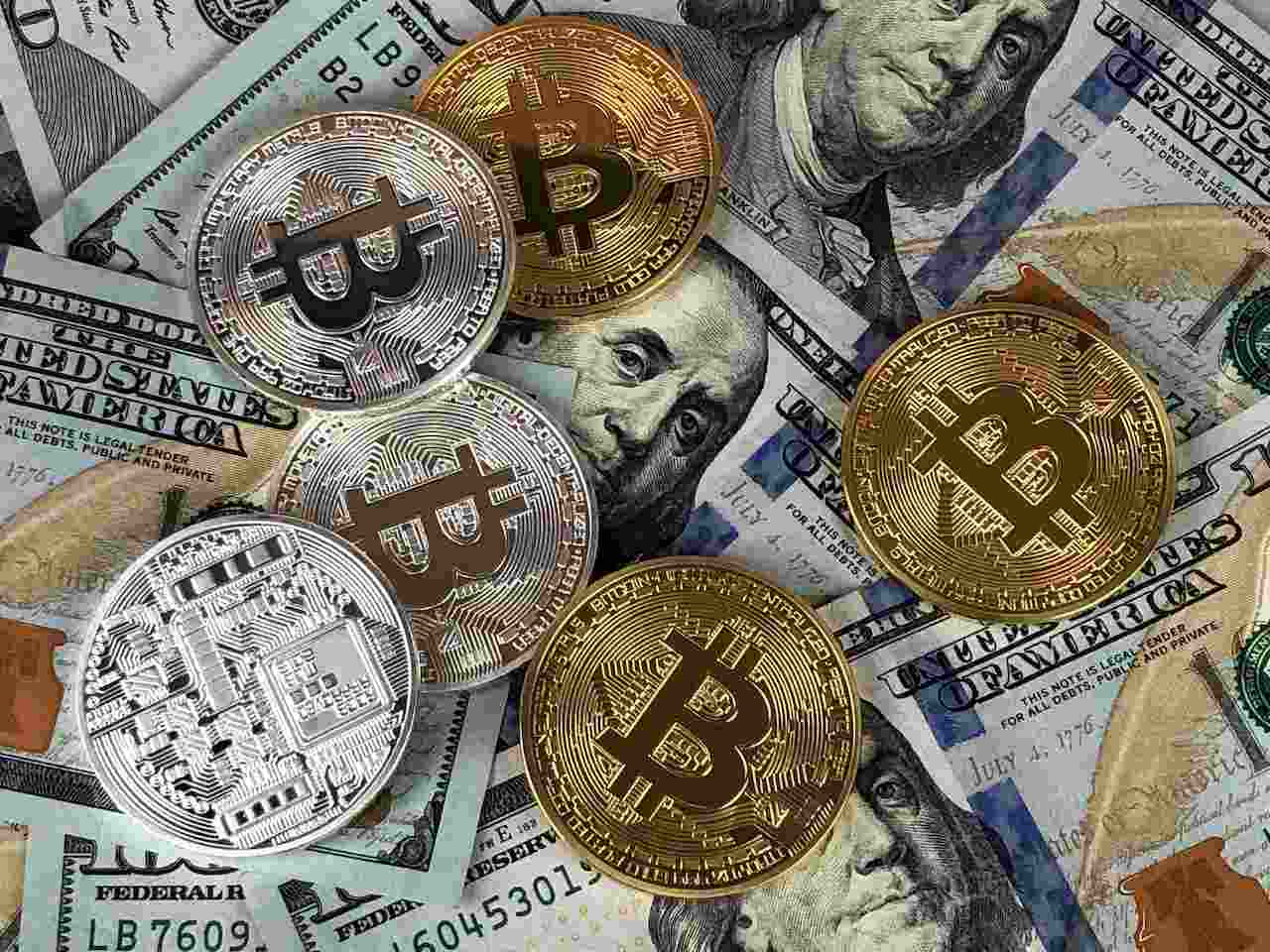
The world of cryptocurrency has been gaining immense popularity in recent years. With the rise of digital currencies, governments around the world are grappling with how to regulate them. In India, the government is considering levying TDS (Tax Deducted at Source) and TCS (Tax Collected at Source) on cryptocurrency trading. This move is aimed at bringing more transparency to the cryptocurrency market and increasing revenue for the government.
What is Cryptocurrency Trading?
Cryptocurrency trading involves buying and selling digital currencies like Bitcoin, Ethereum, and Ripple. These transactions are done through cryptocurrency exchanges that act as intermediaries between buyers and sellers. Cryptocurrency trading is often done with the intention of making a profit, as the value of these currencies can fluctuate rapidly.
Why is the Government Considering TDS and TCS on Cryptocurrency Trading?
The government is considering TDS and TCS on cryptocurrency trading for several reasons. One of the main reasons is to bring more transparency to the cryptocurrency market. Since digital currencies operate outside of the traditional banking system, it can be difficult to track transactions and identify individuals involved in them. By introducing TDS and TCS, the government hopes to monitor cryptocurrency transactions more closely and ensure that individuals are paying the appropriate taxes.
Another reason for the government’s move is to increase revenue. The cryptocurrency market is rapidly growing in India, and the government sees this as an opportunity to generate more revenue. By levying TDS and TCS, the government can earn a percentage of the total transaction value, which can add up to significant amounts over time.
What are the Implications of TDS and TCS on Cryptocurrency Trading?
The introduction of TDS and TCS on cryptocurrency trading could have several implications for the market. Firstly, it could increase the cost of trading for individuals, as they would have to pay additional taxes on top of the transaction fees charged by cryptocurrency exchanges. This could discourage some individuals from participating in cryptocurrency trading, which could lead to a decrease in market activity.
Secondly, the introduction of TDS and TCS could lead to more regulation in the cryptocurrency market. Governments around the world are still trying to figure out how to regulate digital currencies, and the introduction of taxes could be a step towards greater oversight. This could be seen as a positive development, as it could help to prevent fraud and illegal activities in the cryptocurrency market.
Thirdly, the introduction of TDS and TCS could lead to greater acceptance of cryptocurrencies in India. Many individuals and businesses are still hesitant to invest in digital currencies due to the lack of regulation and uncertainty surrounding their value. By introducing taxes, the government is sending a signal that cryptocurrencies are a legitimate investment option that should be taken seriously.
The Details of TDS and TCS on Cryptocurrency Trading:
The Indian government has proposed to impose a 2% TDS on cryptocurrency transactions exceeding INR 10 lakhs. The TDS is applicable to transactions where the buyer has paid an amount exceeding INR 10 lakhs for buying cryptocurrency. Additionally, cryptocurrency exchanges are required to collect 0.1% TCS on the total transaction value. The TCS is applicable to transactions exceeding INR 50 lakhs.
The government has stated that the introduction of TDS and TCS on cryptocurrency trading will not only bring more transparency but also reduce tax evasion. The taxes collected will be used for various welfare schemes and programs run by the government.
Impact on Investors and the Cryptocurrency Industry:
The introduction of TDS and TCS on cryptocurrency trading is expected to have a mixed impact on investors and the cryptocurrency industry. On one hand, it will bring more transparency and legitimacy to the market, which could attract more investors. On the other hand, the taxes could increase the cost of trading, which could deter some investors.
Moreover, some industry experts have expressed concerns that the taxes could lead to a decline in the cryptocurrency market’s growth. This could be particularly true for small and medium-sized investors who may find the additional taxes to be a burden. Nonetheless, the government has stated that the taxes will be in line with the existing tax structure, and investors will have to comply with the same.
Future Implications of TDS and TCS on Cryptocurrency Trading:
The introduction of TDS and TCS on cryptocurrency trading is likely to have long-term implications for the industry. The government’s move could be a precursor to greater regulation of the market in the future. As cryptocurrencies continue to gain popularity, regulators around the world are looking for ways to protect investors and prevent illegal activities.
Moreover, the taxes could encourage more institutional investors to enter the market, which could lead to increased stability and liquidity. The taxes could also provide the government with a steady source of revenue, which could be used for various developmental initiatives.
Conclusion
The introduction of TDS and TCS on cryptocurrency trading is a significant development for the industry in India. While it could increase the cost of trading and lead to more regulation, it could also increase transparency and acceptance of digital currencies. It is imperative for investors to understand the implications of the taxes and comply with the regulations to avoid any penalties or legal actions. The cryptocurrency market is evolving, and the introduction of TDS and TCS is just one of the many changes that are likely to shape its future.














